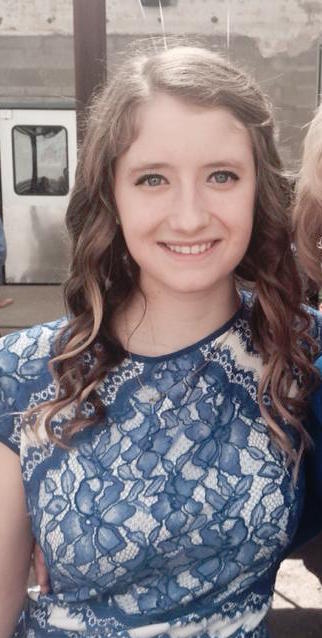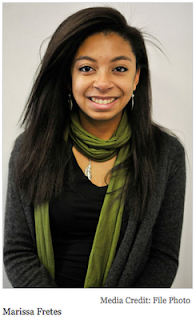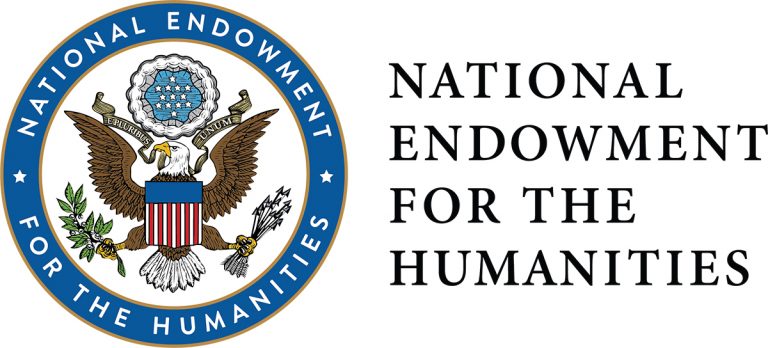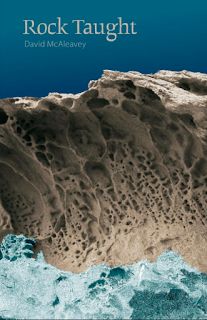Congratulations to Samsara Counts, winner of the Citizen Day poetry contest!
Congratulations to Samsara Counts, winner of the Citizen Day poetry contest!


The GW English Department congratulates the winners of the Columbian College of Arts and Sciences Haiku contest! All are graduates of Creative Writing courses in this department, which makes us extra proud. CCAS Haiku Contest Winners (2016) 1st Prize Winner Alicia Yeung CCAS Psychology Major Good morning Lincoln, Runners greet you at sunrise, You sit…

Congratulations to Marissa Fretes, a freshman English major, for her op-ed piece in today’s Hatchet. In her editorial, Fretes argues that the University should not subordinate socioeconomic diversity to other diversity goals. Share on FacebookTweet

Professor Michael Bérubé From October 25-30, GW’s English Department is pleased to host Professor Michael Bérubé as this year’s Wang Distinguished Professor-in-Residence. Michael Bérubé is Edwin Erle Sparks Professor of Literature and Director of the Institute for the Arts and Humanities at Pennsylvania State University. He is the author of seven books to date, including…

GW English PhD candidate Tawnya Ravy GW English congratulates PhD candidate Tawnya Ravy, who has been selected to attend a National Endowment for the Humanities Summer Institute for Advanced Topics in the Digital Humanities. Tawnya, who has also been teaching as a member of the faculty at Northern Virginia Community College as she finishes her…

Please join us this Wednesday, April 6th, at the GW Textile Museum to hear Professor David McAleavey read from his new book of poems, Rock Taught. Rock Taught is Professor McAleavey’s sixth book of poems, preceded by Sterling 403; The Forty Days; Shrine, Shelter, Cave; Holding Obsidian; David McAleavey’s Greatest Hits 1971-2000, and Huge Haiku….

After a long post-earthquake ’11 day today, I was tempted to give the Blog-a-Day idea a rest, but a backlog of faculty achievements makes this post easy to assemble. Some highlights of August faculty news: Prof. Jane Shore, whose “New and Selected Poems” comes out next year, is featured in the current issue of Ploughshares…